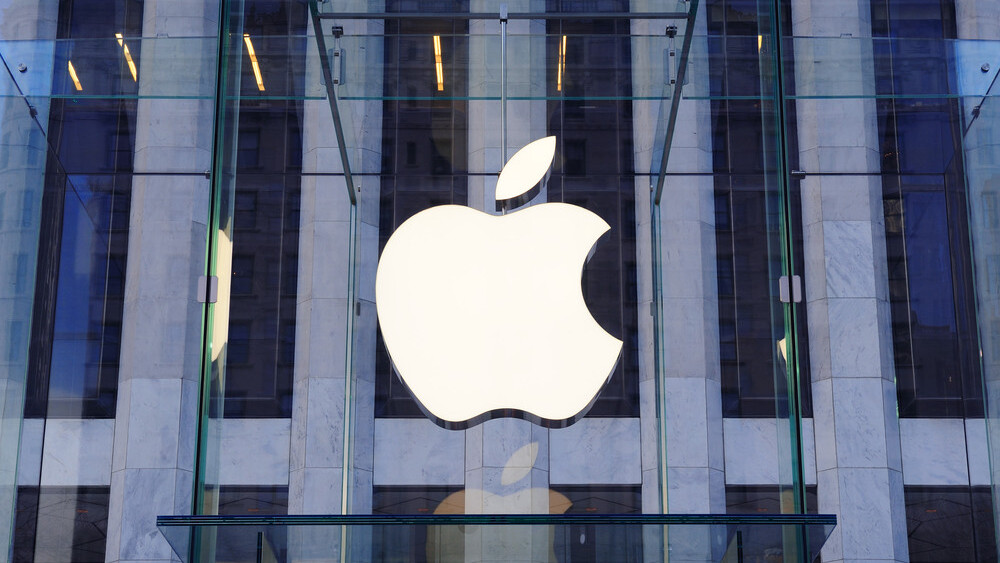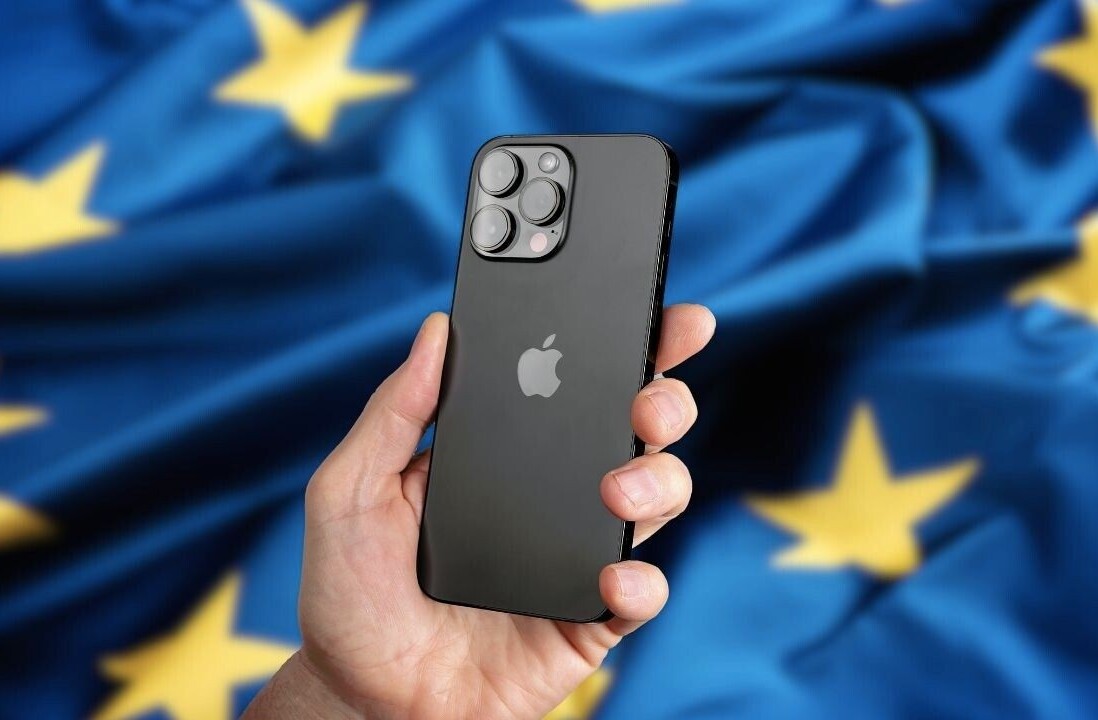
Yesterday Apple announced it had acquired a small startup focused on artificial intelligence. While the purchase of Perceptio is hardly earth shattering news, it does shed some light on how Apple is trying to get around the tricky problem of making more personalized services without harvesting vast amounts of your data.
Perceptio was working on technology that would allow smartphone manufacturers to develop artificial intelligence systems that didn’t need to share your data with the cloud.
Google and Microsoft have made huge leaps forward in offering up timely information to their users via personal assistants such as Cortana and Google Now by doing just that. Apple and its Siri equivalent on the other hand, has been hampered by the company’s reluctance to extract confidential information that lives on our phones.

Tim Cook even went so far as to say that, “our customers are not our products. We don’t collect a lot of your data and understand every detail about your life.”
While many see that as a way for Apple to distance itself from tech companies that continually stray into murky waters when it comes to selling your data, it has put it at a commercial disadvantage.
Google Now mines your inbox to find out things like if you’re leaving town so it can conveniently offer you discounts on hotels, car rentals, and even nudge you when to leave so you don’t miss your flight. Siri on the other hand, can offer little more than people you might want to contact or apps you most commonly use.
While these differences are relatively small for now, and Apple has explicitly said that your data is not a source of revenue for the company, the tech giant also understands that the future success of mobile operating systems is in their ability to seamlessly mesh with the most intimate parts of our lives.
Apple Maps is a case in point. When it launched Maps in 2012, a rushed release to try and counter Google’s march into iOS, it was universally loathed. In the battle for users’ fickle hearts and minds, it spent most of 2013 buying mapping companies to make amends. The app only added public transport options with its iOS 9 release, something Google Maps has done for years.
Meanwhile, Google is already moving on to the next phase of its plan to surface contextual information with the roll out of its Nexus products and Marshmallow operating system.

If Apple wants to avoid another epic fail, and avoid the now constant jibes that it just steals from Android, it needs to find a way round its privacy problem, and fast.
Read Next: Apple’s latest acquisition could help improve imaging on iOS
Image credit: Shutterstock
Get the TNW newsletter
Get the most important tech news in your inbox each week.





